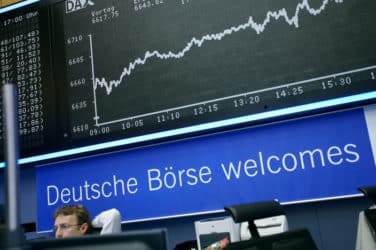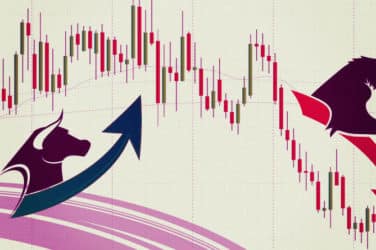The Securities and Exchange Commission has voted to adopt amendments that will require broker-dealers to disclose to investors new and enhanced information about the way they handle investors’ orders.
“In the eighteen years since the Commission originally adopted its order handling and routing disclosure rules, technology and innovation have driven significant changes in the way that our equities market functions and investors transact,” said Chairman Jay Clayton. “This rule amendment will make it easier for investors to evaluate how their brokers handle their orders and ultimately make more informed choices about the brokers with whom they do business.”
Specifically, the Commission has amended Rule 606 of Regulation NMS to require a broker-dealer, upon a request of a customer who places a “not held” order (e.g., an order in which the customer gives the firm price and time discretion), to provide the customer with a standardized set of individualized disclosures concerning the firm’s handling of the customer’s orders. The new disclosures will, among other things, provide the customer with information about the average rebates the broker received from, and fees the broker paid to, trading venues.
The new disclosures are designed to help investors better understand how the broker-dealer routes and handles their orders and assess the impact of their broker-dealers’ routing decisions on order execution quality. The Commission also adopted two exceptions designed to minimize the implementation costs of the new disclosure requirement on the broker-dealer industry, particularly small broker-dealers.
Today’s rulemaking also includes enhancements to the quarterly public reports that broker-dealers are already required to publish. The public disclosures must now describe any terms of payment for order flow arrangements and profit-sharing relationships, among other things.





